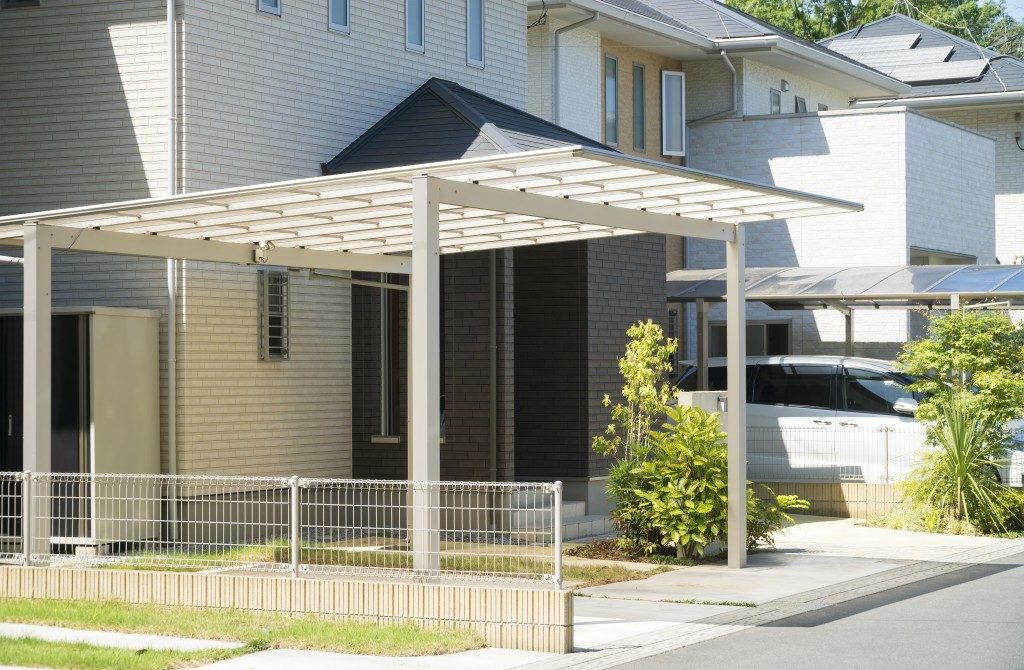The coronavirus pandemic has left the global economy in a state of shambles, with some experts projecting that the road to recovery will be a long one. Investing seems like the last thing that should be considered at such a time as this.
Investing in real estate inherently comes with various advantages and disadvantages, but perhaps even more so in a pandemic and recession. Studies show that COVID-19 has slowed down investment activity in global commercial real estate, but investor appetite and curiosity for the market remains. While there is so much uncertainty around the state of the global economy, there are always potential benefits to investing in real estate.
Here are the advantages of investing in real estate in the time of corona.
The real estate market is resilient.
Like everything in business, real estate is also driven by supply and demand. Prices go down with more houses in the market; prices go up with fewer places. As long as there is a demand for housing—which always exists, pandemic or not—real estate remains one of the most reliable investment options.
Unlike the stock market, which can ebb and flow as situations change, the real estate market generally does not budge. Even when the overall market takes a downturn, real estate remains the market that sees the least negative consequences.
However, it also remains true that as long as we are in a pandemic, uncertainty and a certain level of risk will always be a factor. For those interested in investing in property, risk management should be the only hurdle to overcome.
Property investment is an excellent long-term source of income.
Owning property can be an excellent long-term asset that may provide a source of income in retirement. Some ways it can be profitable include but are not limited to:
- Cash flow. After investing in a property, cash flow is the net income you generate after mortgage payments and operating and maintenance expenses.
- Property appreciation. As a real estate investor, you need to look at a property for sale and see its potential for flipping. Real estate values tend to appreciate and increase over time, especially when you stay on top of maintenance and upgrades. Investors can earn money through rental income or profits earned from activities done in the location, but even more so with proper care and enhancements. With real estate, you can turn a large profit when it’s time to sell the property.
Owning real estate helps build your equity.
Whenever you pay for a property mortgage, you build an asset that’s part of your net worth called “equity.” Home or property ownership gives you a significant financial asset that you can eventually leverage for any financial need that may come up in the future.
Building your equity allows you to purchase more properties and increase your cash flow. As long as you do your due diligence—like doing routine home or property maintenance and staying on top of your monthly payments—your equity grows bigger.
Real estate investment gives you a diversified portfolio.

Having diversified investment means your portfolio of assets has a mixture of stocks, income, and commodities. A diversified portfolio shields you from the risks of having just one stream of income because different assets react to economic events in different ways.
The addition of real estate to your investment portfolio can lower portfolio volatility and help manage investment risk. Real estate investments are less sensitive to volatility. They may not be completely immune, but with the right strategy and risk management, volatility can be avoided.
Knowing what kind of property to invest in, for example, is a crucial strategy for turning in a profit from your investment. In the time of a pandemic, retail or office spaces may not be the best investment option.
Real estate investment, when done right, can open up opportunities in a recession.
Because the 2008 global financial crisis was tied up in real estate and housing, many people think that investing in property during a recession is a bad idea. However, recessions can open up some potentially profitable real estate opportunities.
As an income generator, real estate investments tend to offer more predictability in a recession than stocks. Consistent rent payments from tenants do not fluctuate, especially when people need to spend more time in their homes.
No investment is genuinely risk-free, especially in a challenging economic and financial time. But with the proper research and understanding of trends, a real estate investor may be able to find success in the market.


